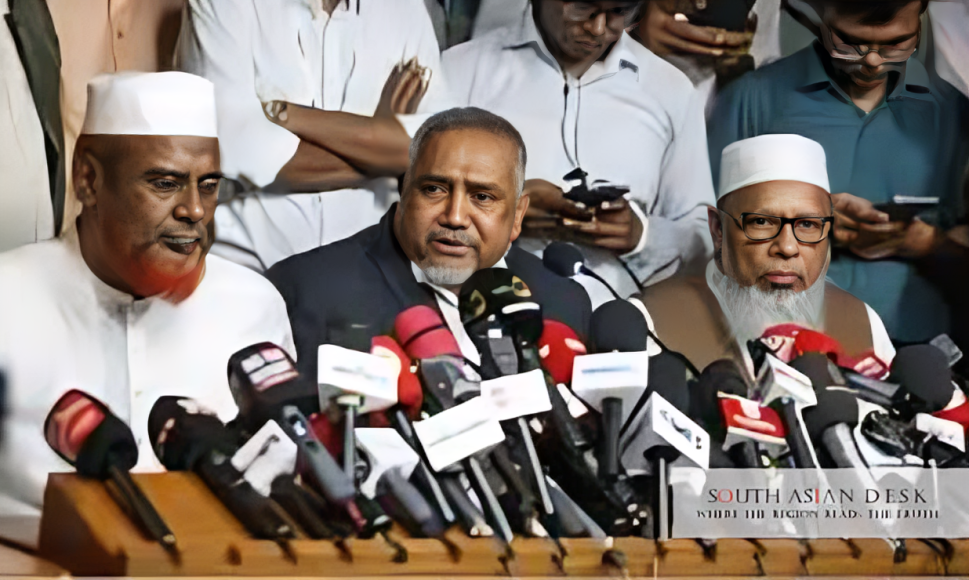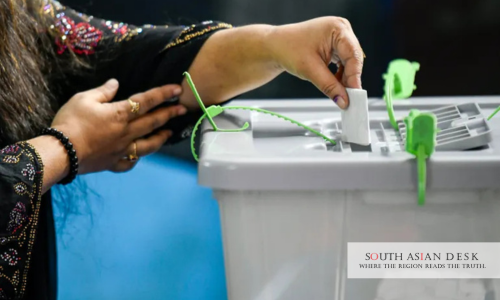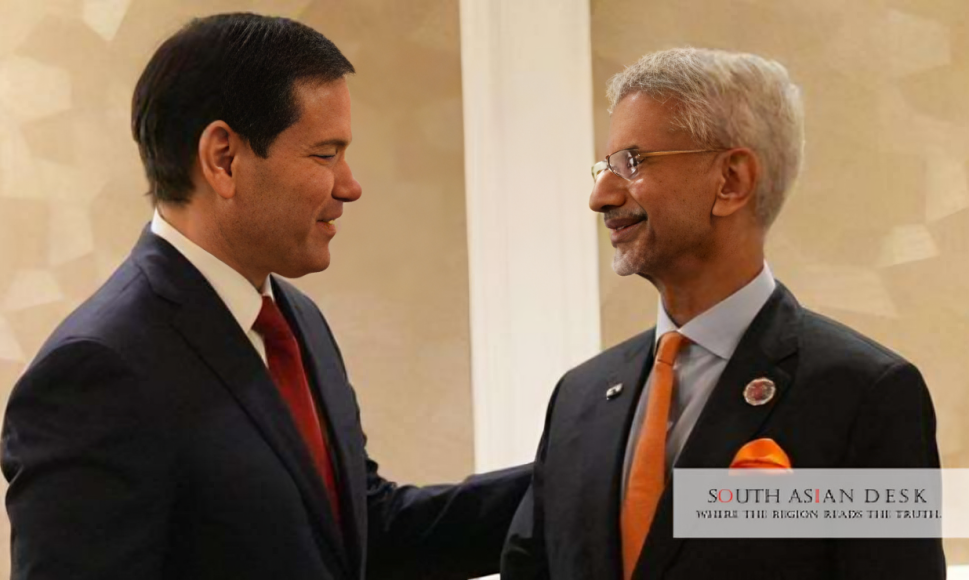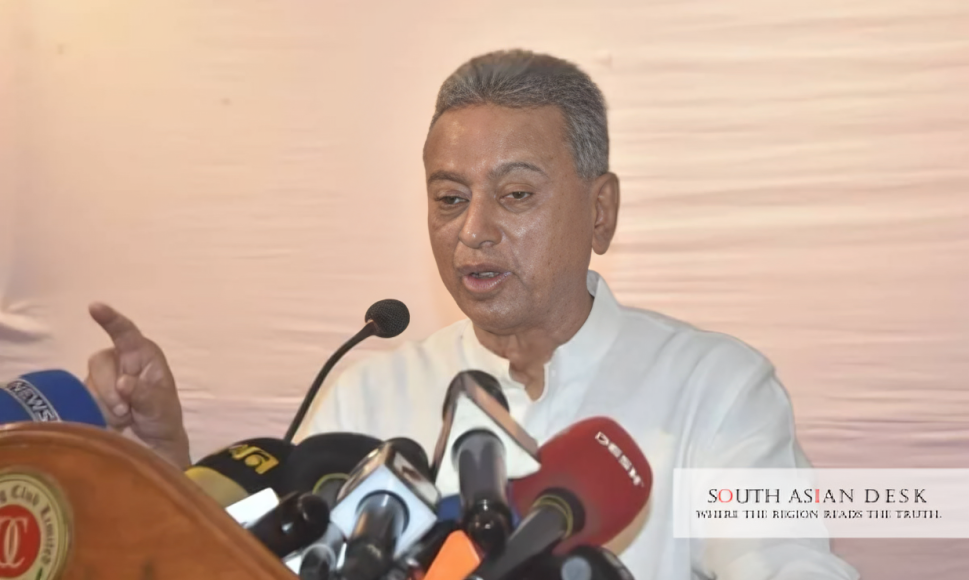Dhaka on Wednesday, 22 October 2025, Bangladesh Jamaat objects to several advisers of Chief Adviser Professor Muhammad Yunus during a meeting at the state guesthouse Jamuna. The party accused them of misleading Yunus and favouring a particular party, echoing similar calls from BNP a day earlier. This episode underscores potential fractures in Bangladesh’s interim administration, which could influence regional dynamics in South Asia given the country’s role in economic partnerships and security dialogues.
Leaders of Bangladesh Jamaat-e-Islami meet with Chief Adviser Professor Muhammad Yunus at the state guesthouse Jamuna.
Yunus Jamaat Meeting Advisers: What Happened
A four-member delegation from Bangladesh Jamaat-e-Islami, led by Nayeb-e-Ameer Dr Syed Abdullah Muhammad Taher, met Chief Adviser Professor Muhammad Yunus on the evening of 22 October 2025. The discussion focused on objections to certain advisers, though names were not revealed.
Dr Taher told reporters after the meeting: “We did not raise concerns about all advisers, only a few. We said some people around you mislead you. We have confidence in you, but we believe some individuals close to you are working in favour of a particular party. You should remain cautious about them.”
The party clarified it had not demanded removals yet. Dr Taher added: “From the very beginning, we have been drawing attention to this matter. We have not demanded anyone’s removal yet. We are only raising awareness and allowing time for consideration. If nothing changes, we will decide our next steps accordingly.”
Chief Adviser Yunus responded positively, according to Dr Taher: “The chief adviser told us he is seriously considering the matter and will take appropriate steps, In Sha Allah.”
This Yunus Jamaat meeting advisers also covered the July Charter’s implementation, a proposed referendum by end-November, and extra-constitutional measures. Jamaat urged an executive order for legitimacy, rejecting an ordinance as weak. Dr Taher said: “An ordinance is weak it lacks the constitutional strength to ensure legitimacy. But an order is equivalent in power and authority to a constitutional amendment.”
Yunus thanked Jamaat for signing the July Charter and assured initiatives to implement it.
Jamaat Accuses Advisers Misleading Yunus
Jamaat accuses advisers misleading Yunus, claiming they bias decisions towards a specific party. This follows a pattern of concerns in the interim setup.
A day prior, on 21 October 2025, Bangladesh Nationalist Party (BNP) met Yunus and urged removal of “controversial” advisers without naming them. Reports suggest Jamaat’s objections target 4-5 advisers, though unconfirmed in the meeting. Dr Taher’s statement emphasises caution rather than immediate action. The interim government formed after the July-August 2024 uprising that ousted Sheikh Hasina. Yunus assumed office on 8 August 2024. The administration includes 17 advisers handling portfolios like finance, foreign affairs, and law.
Jamaat, Bangladesh’s largest Islamist party, has been active in post-uprising politics. It signed the July Charter, a reform roadmap. The party awaits a Supreme Court verdict on the caretaker government system, hoping the interim setup acts in that spirit. No official government press release on the meeting was found. The Chief Adviser’s office has not issued a statement.
Background on Interim Government Tensions
Bangladesh’s interim government faces reform pressures amid economic challenges. GDP growth slowed to 5.8% in 2024, per World Bank data. Inflation hit 9.7% in September 2025. The July Charter proposes electoral reforms, judiciary independence, and anti-corruption measures. A referendum is slated for November 2025.
Jamaat’s role post-2024 uprising includes aiding law and order. Earlier meetings with Yunus, like on 5 October 2024, discussed reforms and Durga Puja security. BNP, a major opposition, has pushed for swift elections. Its 21 October 2025 meeting highlighted adviser impartiality.
These objections reflect broader unease. Six human rights groups warned Yunus on 19 October 2025 about security reforms and Islamist influence risking the transition. South Asia watches closely. Bangladesh’s stability affects Bay of Bengal trade routes and counter-terrorism efforts with India and Myanmar.
Jamaat Objects Yunus Advisers Bangladesh: Implications
If unaddressed, such rifts could delay reforms. Jamaat and BNP represent significant voter bases; their dissatisfaction might spur protests. Experts note the interim term lacks a fixed timeline. Yunus indicated elections by 2026, but reforms take precedence. Jamaat consulted its expert committee, aligning with the Charter Commission’s views on executive orders. No data on public opinion polls post-meeting
What’s Next
The Supreme Court hearing on caretaker systems could influence outcomes. Yunus may reshuffle advisers to ease tensions. As Jamaat objects Yunus advisers Bangladesh, observers await if the chief adviser acts on assurances, potentially reshaping the path to elections.
Published in SouthAsianDesk, October 23rd, 2025
Follow SouthAsianDesk on X, Instagram, and Facebook for insights on business and current affairs from across South Asia.






